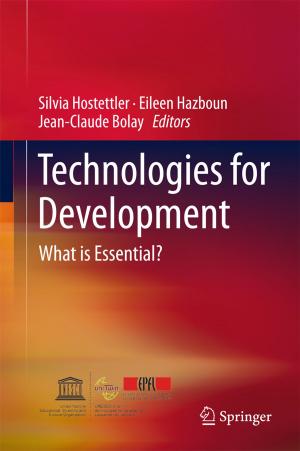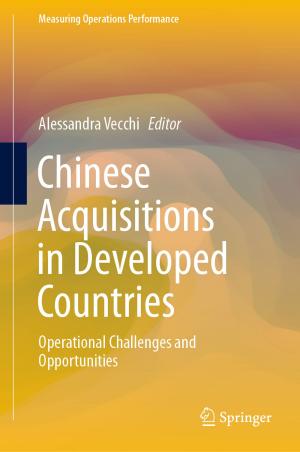An Oral History of the Portuguese Colonial War
Conscripted Generation
Nonfiction, History, Reference, Historiography, European General| Author: | Ângela Campos | ISBN: | 9783319461946 |
| Publisher: | Springer International Publishing | Publication: | February 23, 2017 |
| Imprint: | Palgrave Macmillan | Language: | English |
| Author: | Ângela Campos |
| ISBN: | 9783319461946 |
| Publisher: | Springer International Publishing |
| Publication: | February 23, 2017 |
| Imprint: | Palgrave Macmillan |
| Language: | English |
This oral history of ex-combatants of the Portuguese colonial war places the reader face-to-face with the men who were conscripted to fight the last and bloodiest of the West’s colonial wars in Africa, namely in Angola, Mozambique and Guinea-Bissau (then Portuguese Guinea), between 1961 and 1974. At the forefront of this work are the lived experiences of a wide range of Portuguese veterans, framed by broader insights about the post-war public memory of this event in Portugal. Moving away from stereotypical and polarized images of these ex-combatants, An Oral History of the Portuguese Colonial War: Conscripted Generation explores the memories and consequences of this war for these veterans and their society. Seeking to understand why Portuguese ex-combatants often feel neglected and historically unrecognised, this book presents a thorough portrait of a continually shifting – and at times paradoxical –
individual and collective remembrance process.
This oral history of ex-combatants of the Portuguese colonial war places the reader face-to-face with the men who were conscripted to fight the last and bloodiest of the West’s colonial wars in Africa, namely in Angola, Mozambique and Guinea-Bissau (then Portuguese Guinea), between 1961 and 1974. At the forefront of this work are the lived experiences of a wide range of Portuguese veterans, framed by broader insights about the post-war public memory of this event in Portugal. Moving away from stereotypical and polarized images of these ex-combatants, An Oral History of the Portuguese Colonial War: Conscripted Generation explores the memories and consequences of this war for these veterans and their society. Seeking to understand why Portuguese ex-combatants often feel neglected and historically unrecognised, this book presents a thorough portrait of a continually shifting – and at times paradoxical –
individual and collective remembrance process.















